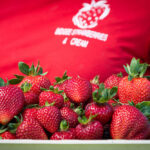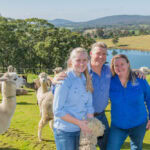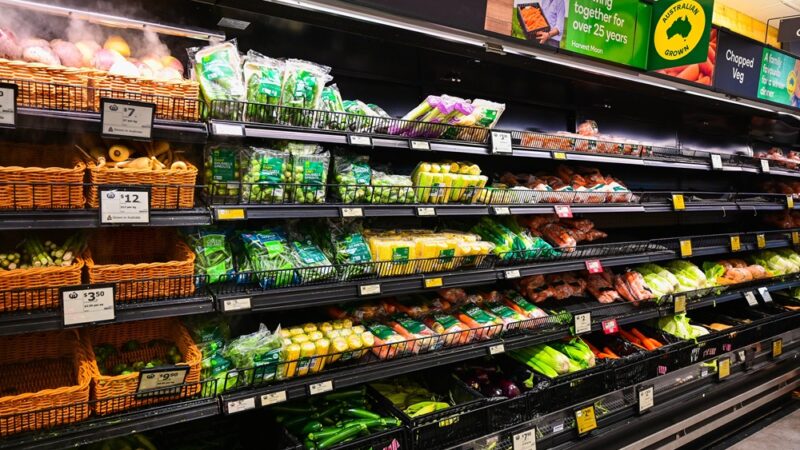The sweet and succulent strawberry is a treat too great to resist for most Australians.…
Produce trails and tales
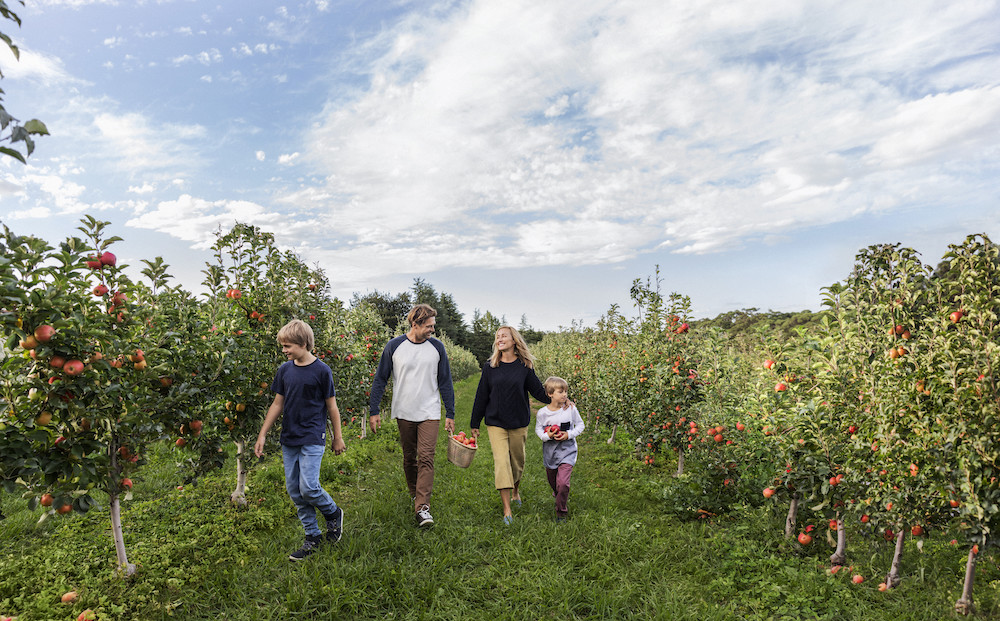
The NSW coastline stretches over 2,000 kilometres and its interior covers 800,000 square kilometres. It offers an array of opportunities for farmers and producers to think outside their key activities and expand their income by creating additional and complimentary activities that will attract locals and visitors.
Over the past decade, many agricultural communities have joined forces to create produce trails and other agritourism enterprises that have produced additional income streams.
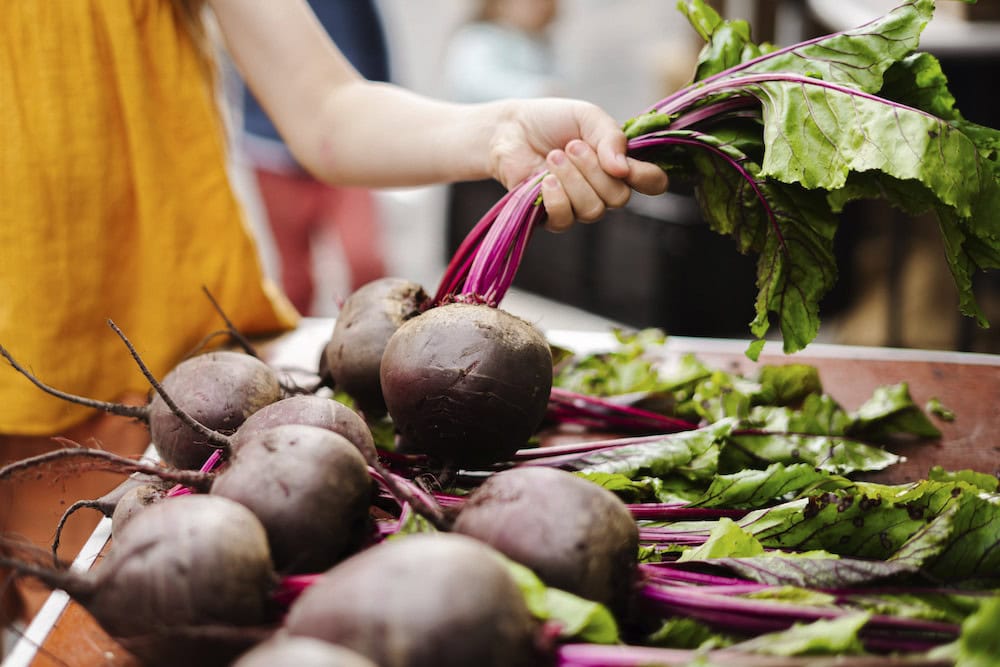
Regionality Pty Ltd and Rose Wright have been instrumental in bringing many producers and regional organisations together to create these trails. In the 2000s, it was her vast experience, content and piloted face-to-face delivery of extension material targeting farmers, not tourism operators, that helped them plan farm tourism.
�Regional Australia has untapped potential. Over the years, Regionality has helped farmers, regional businesses and communities revitalise or reinvent themselves. It�s all about creating value chains that connect farmers, food and drink businesses, and consumers together. We work at a grassroots level, helping farmers to identify what they have to offer � what I like to term �spare capacity� � to use as a base for innovation or diversification right through to launching and marketing their brand.�
Rose Wright, Regionality
�We�ve worked with the NSW Small Business Commissioner to advocate for changes to planning legislation to enable farmers to consider agritourism on their farms in a way that doesn�t compromise the productive capacity of the farm or the region. On December 1, 2022, Planning NSW launched their new legislation.�
Regionality has instigated programs across Queensland�s Mary Valley and Scenic Rim as well as throughout Tasmania, including King and Flinders Islands.
Across NSW, their work includes the Northern Rivers, Richmond Valley, New England, Murray, Queanbeyan-Palerang, Wollondilly, the South Coast and a range of urban farmers in Western Sydney through the Greater Sydney Parklands Trust. They continue to help all these farmers and regions grow and develop.
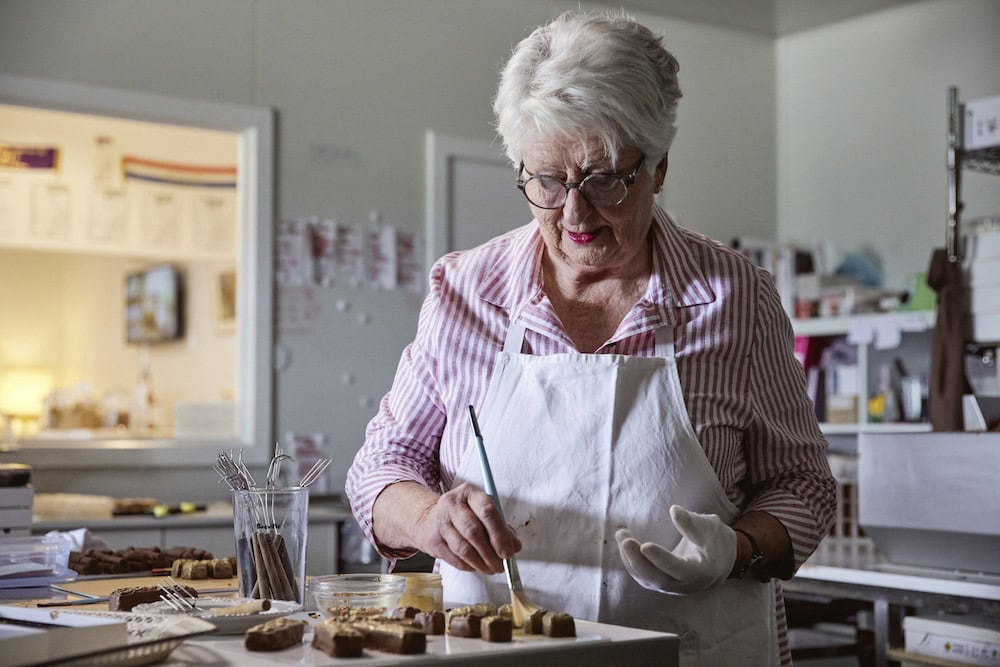
�We�re currently working with Natural Resource Management in ACT, delivering an agritourism program in that region. Every two years, we run an event called farm2plate exchange that�s designed to bring producers and the hospitality industry together to learn from each other.�
Breathing life into regions
From April 29 to 30 this year, Canberra Wines inaugural Stomp Festival will showcase more than 20 local wine producers from across the Canberra District.
�The last three years have been very difficult for members. They�ve suffered huge losses due to bushfires and multiple disruptions from lockdowns during Covid,� says Fergus McGhie, president of the Canberra District Wine and Industry Association. �Getting people back into our region to experience our wine and celebrate what makes the Canberra District unique, will be positive for our district and our winemakers and their business.�
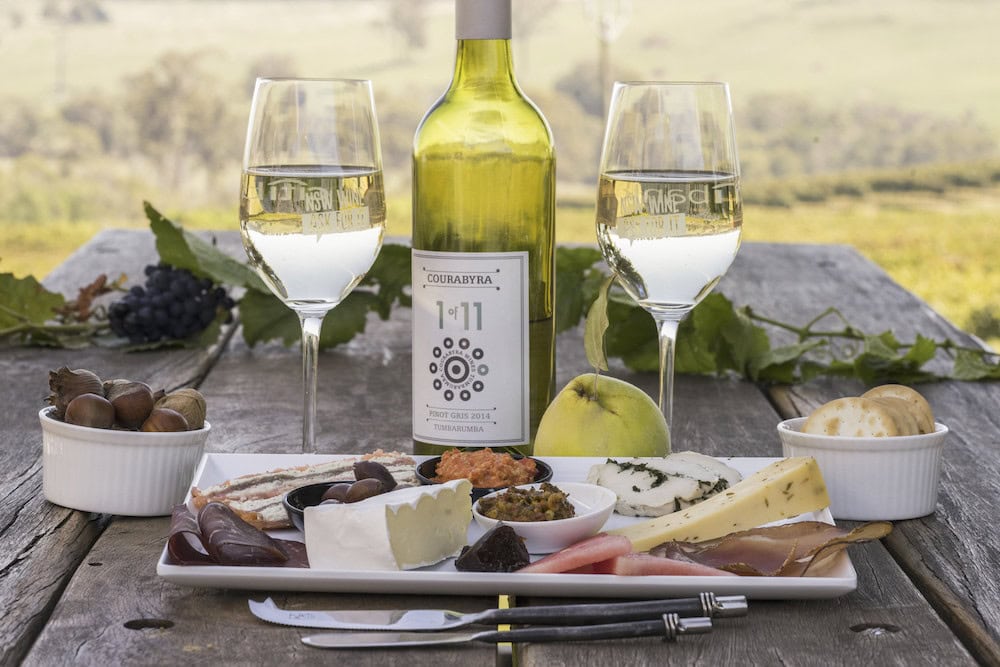
Perhaps Regionality�s most interesting example of agritourism innovation is unfolding across the Liverpool Plains of NSW, as the region is not known for tourism.
�After introducing a group of farmers to our program in 2018, they established The Plains Inc. Today, many new and enhanced businesses are opening their farms to visitors,� says Rose.
The Plains Inc 2022 inaugural Sunflower Trail was initiated and hosted by a group of seven business owners and farmers who had endured tough years of drought and the pandemic. The trail drew curious travellers from far and wide. It couldn�t have come at a better time, boosting the economy and overall moral of the community.
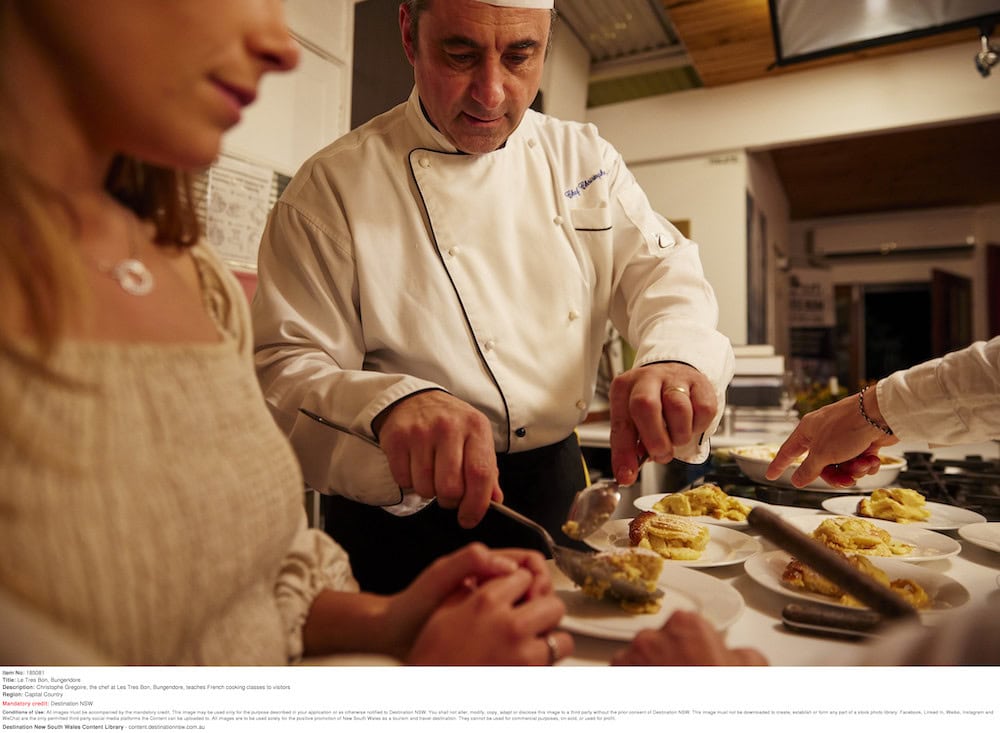
Across Quirindi, Willow Tree, Pine Ridge and Premer it showcased the area�s rich beauty and wasn�t just a photographer�s delight. It featured a variety of events hosted by local individuals and businesses, including boutique markets, yoga in the paddock, bush tucker camp ovens, cooking with sunflowers, a paddock concert, iPhone photography workshops, sunflower painting workshops, a picking sunflower event and splendid long table dinner at Windy Station.
�The heritage grant we�ve just received will transform the magnificent 1901 44-stand woolshed into a venue for agricultural and visitor events,� says Clare Lee from Windy Station.
Sustainability and viability
Nearby Wilgabah sheep and cattle property owners Rodney and Tania Hartigan are integrating Indigenous tourism into their agritourism ArtShack@Wilgabah. Tania, a Gamilaraay woman, proudly shares her First Nation heritage, bush tucker food garden, jams and sauces and their property�s cultural sites.
Partnerships with Uraah Innovations & Cultural Services and 2Rivers will deliver Cultural Healing days, weekend camps and art-making workshops. A Reconciliation Day gathering and Art & Cultural Festival is planned for September 2023.
�These activities have created more sustainability for our farm. The nine accommodations, farm produce and products, gallery and art classes provide an income during drought events.�
Tania Hartigan
Positioned directly on a railway line, The Plantation, a 13,000-acre mixed farming property owned by the Simpson family in Premier, has developed farm accommodation and farm experiences. They conduct farm tours when the heritage train from Sydney stops. Afterwards, it continues onto Orange.
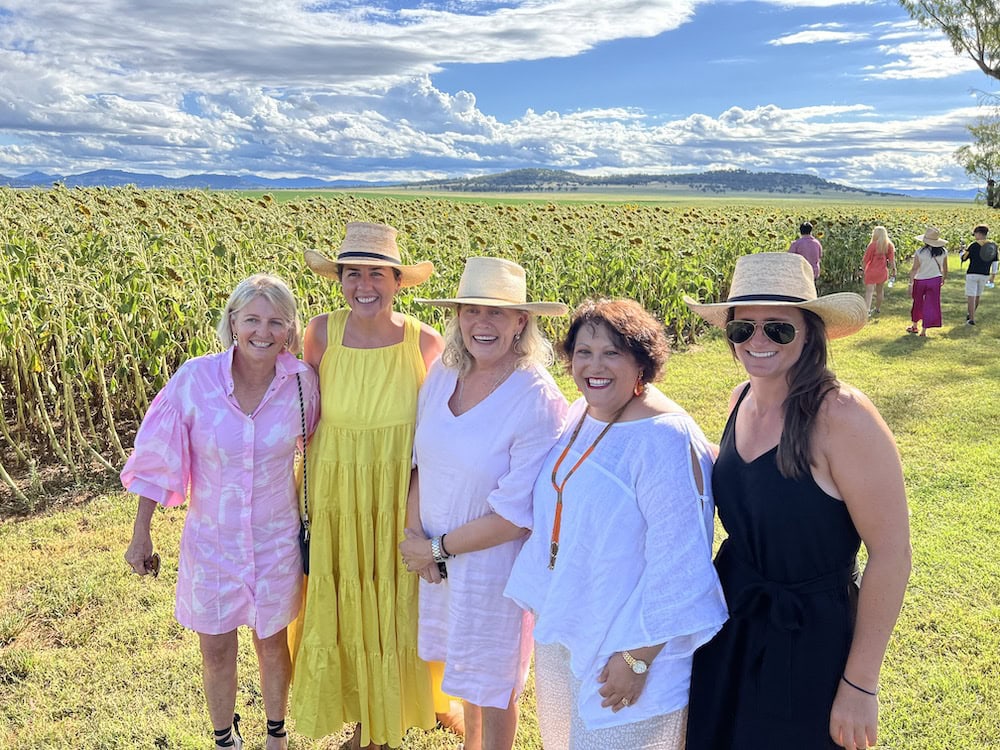
Other new NSW harvest trails breathing life into regions and serving up good healthy products and experiences for visitors stretch from the Barrington Coast, Dubbo, Cowra, Murrumbateman, Gundagai-Tumbarumba, and Griffith to Canberra, Lake George, Queanbeyan-Palerang and Wollondilly. They join the well-trodden culinary destinations of the Tweed, Central Coast, Hunter Valley, Mudgee, Orange, Hawkesbury, Penrith, Sydney Hills and Southern Highlands.
Foodie delights
Previously people automatically associated Dubbo with the magnificent animals at Western Plains Zoo, but there�s much more to discover in the region, from regular Farmers Markets and Regional Platter offerings along with DREAM, Beer to Bush, Winter Whisky and Under Western Skies Festivals.
�To plan a Dubbo visit, users simply browse our online directory, search by category and click the heart icon to add the item to their customised trail wish list,� says Yannika Hendess at Dubbo Regional Council. �All is saved and displayed on Google maps for sharing.�
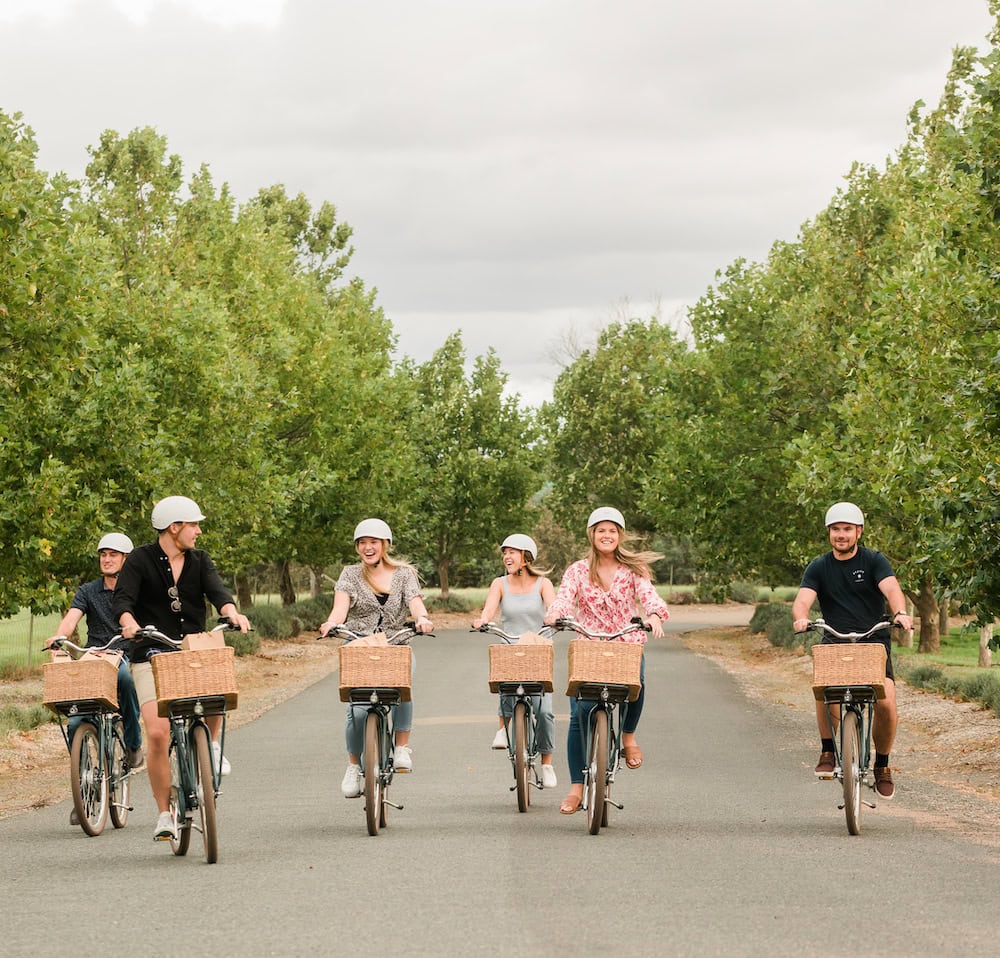
The recently launched Murrumbateman Wine Trail, an initiative of Yass Valley Council, allows visitors to wine, dine and e-cycle their way around a shared walking-cycling path.
�It�s a relaxing way to visit Murrumbateman Village, the markets, field days, exhibitions, our Moving Feast and other events,� says Georgia Patmore at Yass Valley Tourism. �People load the front and rear bike baskets with crafts, wines and produce.�
Second-generation Murrumbateman winemaker Stephanie Helm also operates wine and farm tours on her Vintner�s Daughter Estate.
�People love the interactions. They see emus, chickens, peacocks, dairy goats and Babydoll sheep and learn about their role on the farm,� says Stephanie. �We love seeing them leave with a greater appreciation of the hard work and dedication that goes into producing quality wines and caring for our farm animals.�
Queanbeyan-Palerang�s Treasure Trail offers a feast for all senses, from Braidwood to Queanbeyan and everything in between. Discover quirky cafes, French cooking classes, unique woodwork, artisan chocolates, truffles, handcrafted semolina and lentil flour pasta and several festivals.
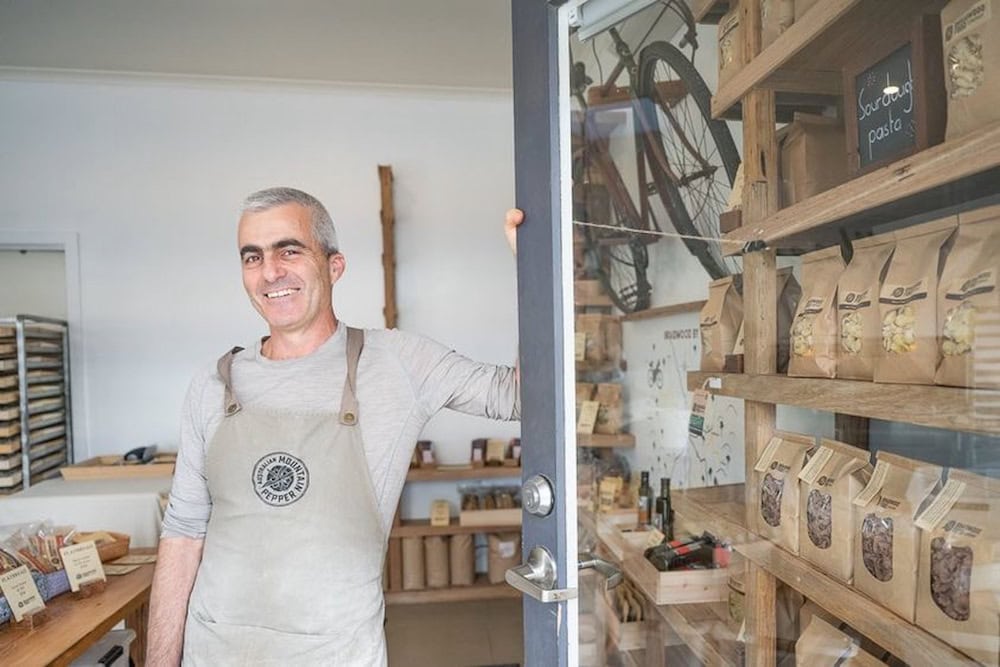
Tim Wimborne describes his Braidwood Food Company shop and pasta as �an accidental business� born out of the 2020 bushfires after their fledgling Tasmania Lanceolata Mountain Pepper orchards were destroyed.
�While the smoke was still rising, we bought a small building in Braidwood and built a commercial kitchen during the first Covid lockdown,� says Tim. �Today, we have eight kinds of pasta, four oven-baked flatbreads using artisanal techniques and ingredients from around Braidwood.
�Over 50 per cent of our retail sales are from Treasure Trail travellers. People love to talk about food. I honestly believe knowing the back story to your dinner, and the provenance of what�s on the table has become a meaningful aspect for many Australians.�
Tim Wimborne
By focussing on small-scale family farms and artisan producers, these produce trails enhance Australian agriculture�s sustainability and viability. People are visiting regional produce trails to �meet the maker� and purchase specialised products. It�s bridging the once-apparent city-country divide.
If you enjoyed this story on NSW produce trails, you might like to read our feature on the growth of breweries and distilleries in country pubs.


